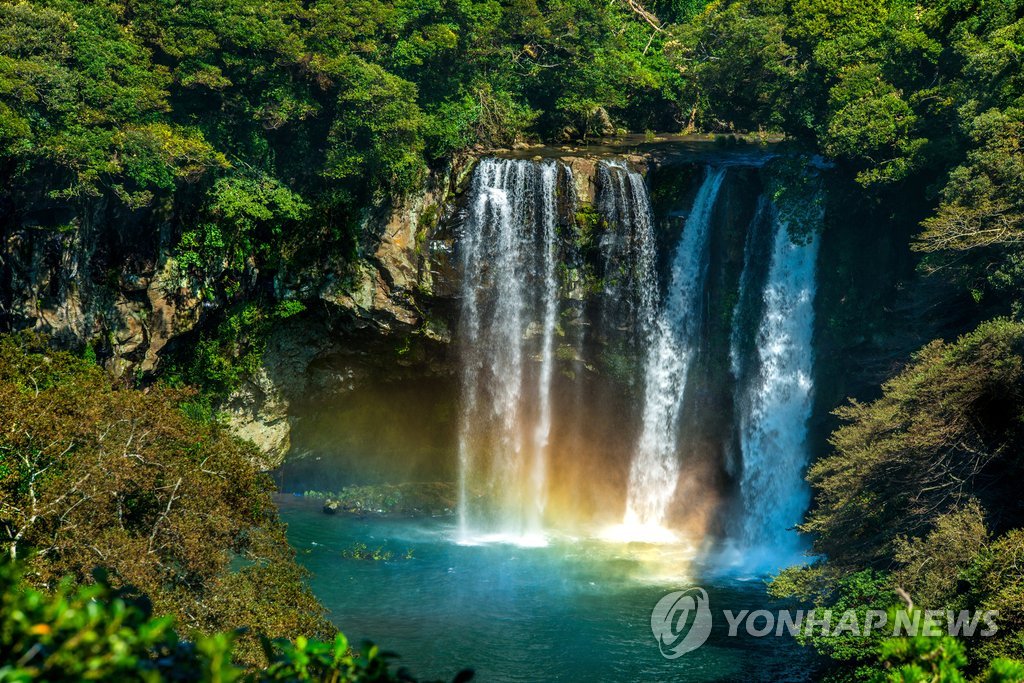Exploring the Phenomenon of K-Beauty: What is K-Beauty?
본문
3. The Importance of Water in K-Beauty
In the previous sections, we discussed the origins of K-Beauty, its cost-effectiveness, and the transformative impact of its distribution channels. Now, we turn our focus to a fundamental question: What is the foundation of K-Beauty’s renowned quality?
One of the most critical, yet often overlooked, elements in cosmetic formulation is water, particularly purified water, which constitutes the bulk of most skincare and cosmetic products. While a variety of active ingredients can be sourced from global suppliers and used by any manufacturer, the quality of water used in production is inherently tied to the geographic location of the factory. This makes the water source a unique and distinguishing factor in the final product's quality.
Although there is a lack of academic research directly correlating water quality to cosmetic efficacy, we can draw some general observations from countries known for their high-quality beauty products. Nations like Italy, Korea, and Japan are not only recognized for their superior cosmetics but also for their pristine water sources. Similarly, France, despite not being known for the purity of its tap water, is home to some of the world’s most prestigious bottled water brands, indicating advanced purification technologies. This suggests that clean, high-quality water is an essential component of the manufacturing process in these regions.

Jeju Cheonjiyeon Falls
(Jeju = Yonhap News) Cheonjiyeon Falls from Chilsimni Park in Seogwipo. [Yonhap News Source Photo]
Water Quality and Its Impact on Cosmetics
Water, or more specifically purified water, is more than just a base ingredient in cosmetics; it plays a pivotal role in the formulation, stability, and efficacy of beauty products. The purity of water can significantly influence the interaction between different ingredients, affecting the texture, absorption, and overall performance of the final product. For example, impurities in water can cause variations in pH levels, which may impact the skin’s barrier function or cause unwanted reactions with other ingredients.
In countries like South Korea, where environmental regulations are stringent, and the water quality is exceptionally high, manufacturers have a competitive advantage in producing top-tier cosmetics. The use of such high-quality water, combined with innovative natural ingredients, contributes to the superior performance of K-Beauty products.
The Role of Water in K-Beauty’s Global Success
The meteoric rise of K-Beauty on the global stage is not just a result of its association with Korean pop culture but also its unwavering commitment to quality. The fact that K-Beauty products are known for their effectiveness while being relatively affordable has made them particularly appealing to the millennial and Gen Z demographics, who are increasingly discerning about what they put on their skin.
Moreover, this emphasis on quality is reflected in the meticulous selection of ingredients, including water, which forms the foundation of most skincare products. The clean and pure water sources available in Korea contribute to the production of high-quality cosmetics that are both effective and safe for a wide range of skin types.
This focus on quality, combined with affordability, has made K-Beauty a viral sensation on social media, where younger consumers—who may not have the financial means to invest in high-end luxury brands—are eagerly sharing their positive experiences. This organic growth, driven by word-of-mouth and influencer marketing, has allowed K-Beauty to rapidly expand its presence in markets around the world.
A Hypothetical Insight into Water and K-Beauty
While the above discussion largely stems from observation rather than empirical data, it is an area worth exploring further. The relationship between water quality and cosmetic efficacy is a fascinating topic that could provide deeper insights into why certain regions produce superior beauty products. As K-Beauty continues to evolve, it would be beneficial for future research to explore how the unique characteristics of water used in Korean cosmetics influence their performance.
In conclusion, K-Beauty’s global success is not just a result of its cultural allure but also its unwavering commitment to quality, with water playing a fundamental role. The combination of high-quality ingredients, innovative formulations, and strategic marketing has allowed K-Beauty to capture the hearts of consumers worldwide, setting a new standard in the beauty industry. As we move forward, understanding the intricate relationship between water and cosmetic quality could further elevate the reputation and effectiveness of K-Beauty products.
Written by:
Hayden Haesung Lee
CEO, Beautylabs Co., Ltd
Cosmetic Responsible Sales Manager
MBA in Business Administration, Sejong University
Ph.D. Candidate in Marketing, Sejong University